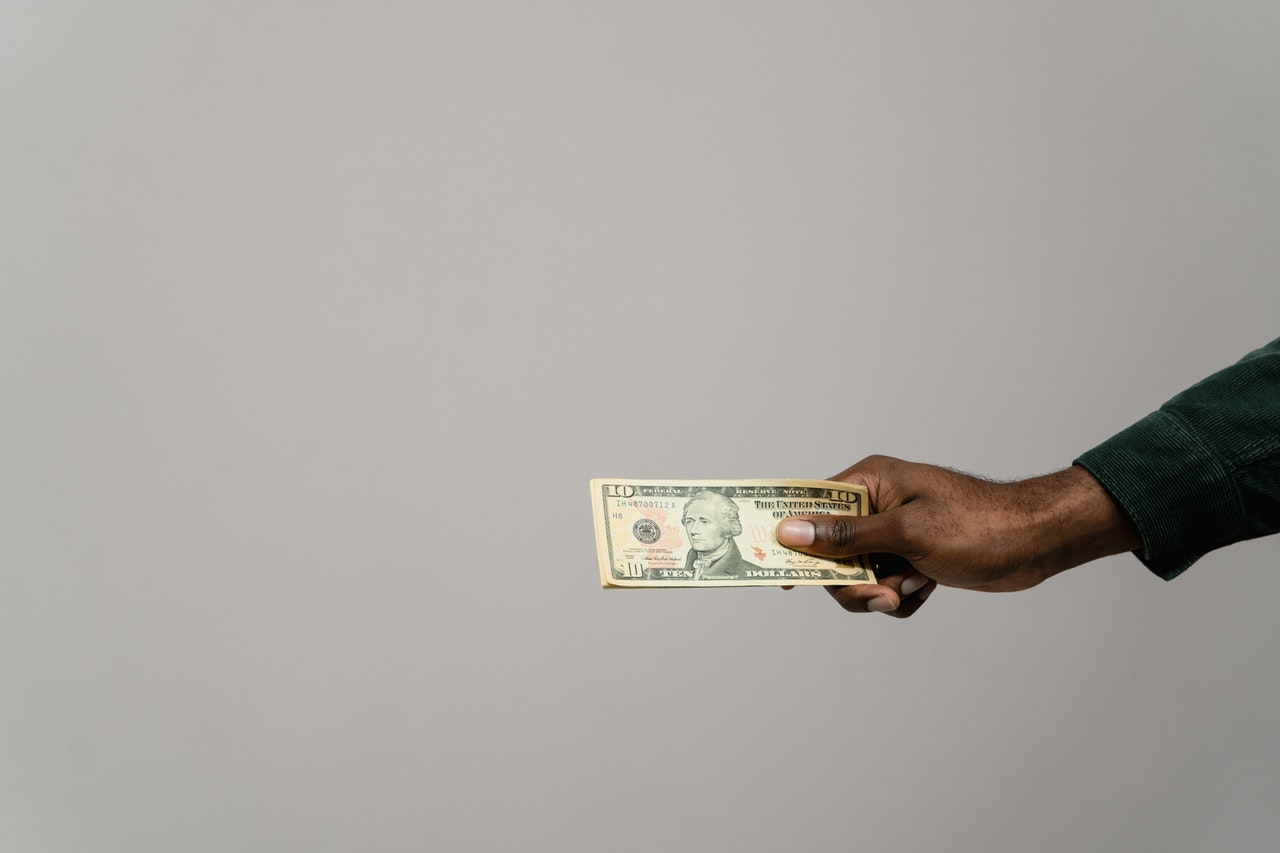
Anonymity and the Challange of Payment Methods
The issue with anonymity is that it is fairly easy to acquire online until you have to pay for something. This is due to the fact that generally, our government always wants to have tops on our financial situation so it is rarely known to just a very select number of people. However, to acquire this level of anonymity, we typically need to have a VPN account to secure and anonymize our connection to the wide-open web. Purchasing a VPN with our credit card or PayPal account will link back to your personal identity because as I said, the government likes to know what you are up to when it comes to money and big companies like PayPal, instill methods to make sure you aren’t creating fake accounts.
But many people still need to be able to purchase things “off the record” so that tracking them becomes a lot more difficult. One of the preferred methods of paying for things has been forms of crypto currency like Bitcoin. The one major drawback to purchasing Bitcoin is that the price of it fluctuates on a daily basis so one moment you are making money and the next you are losing it. The positive side to Bitcoin is that you are able to both purchase it with a degree of anonymity (if you can buy with cash) and are able to “mix” your BTC (https://en.bitcoin.it/wiki/Mixing_service). There are also a wide variety of services on Tor that allow you to mix your Bitcoin. However, the legitimacy of such services is sketchy at best so use them with caution.
As much as I like Bitcoin, I always have an issue when it comes to mixing it. I am scared the service I am mixing with is just going to take my coin and run away. So because of that, I prefer to pay with cash in mail, or PaySafeCards. I will discuss cash in mail in the next paragraph, as it is a bit longer of a process than using PaySafeCards, which is super easy. The cards can and should be purchased from a retail outlet with cash and then a 16-digit code is scratched off on the back. For services that accept PaySafeCards, all you have to do is input the 16-digit code. No activation, billing information, or confirming anything what so ever. They are really good ways to purchase in private.
With cash in mail, things are a little more complex than simply getting a 16-digit card that you can use for your online purchases and isn’t often as widely accepted. However, most VPN providers will allow you to pay with cash, even if they don’t already offer it as an option, by simply contacting them and inquiring about using it as a payment method
VPN Provider IVPN covers these topics, too
The only thing you really need to consider is that an ATM may very well record the serial number from the cash and link it to your account that you just withdrew it from. So go ahead and take out $60 or whatever to pay for annual subscription to your VPN account, but then go down to your local market and ask them if they can exchange it for different size bills; like say a 50 and a 10. You also run the risk of someone opening up the letter or package in which you are sending the cash and stealing it. This means you are out the money but still need to pay for your product/service.
